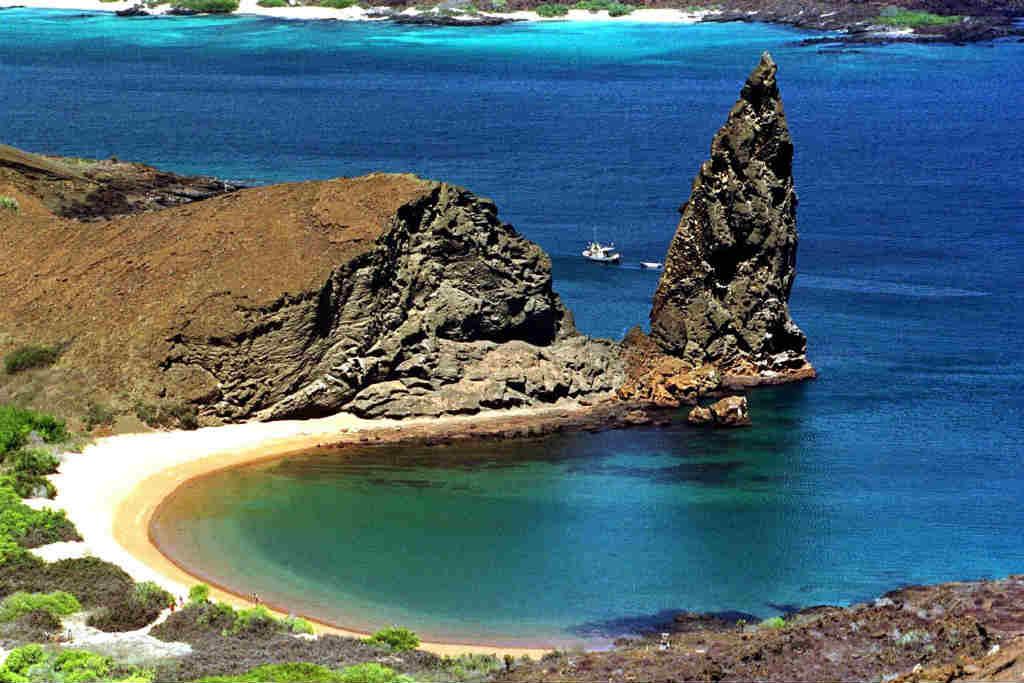Ecuador explained: 11 facts about Assange’s possible new home
The Galapagos Islands of Ecuador.
Ecuador has granted WikiLeaks founder Julian Assange asylum, going head to head with the most powerful countries in the world. Here are 11 facts about Assange's possible new home:
-Ecuador is about the size of Colorado (276,841 sq. km).
-Its citizens can vote at 16, and there's mandatory voting for citizens between 18 and 65.
–People have been living in Ecuador since 20,000 BC. Under Tupac Yupanqui, the Incans invaded in 1460. Less than 100 years later, in 1532, the Spanish began conquering the country under Francisco Pizarro. In 1822, the Ecuadoreans gained independence from the Spanish in the Battle of Pichincha. Various provisional governments and military juntas took over until democracy was established in 1979.
-In 2011, Ecuador's GDP was $67 billion.
-There's oil in the Amazon, but Ecuador isn't drilling there. President Rafeal Correa’s Yasuní initiative prioritizes leaving the region untouched, an environmental plus since it's thought to be the area with the world's highest biodiversit. In a single hectare of the Yasuní zone, 644 species of trees have been identified. That's a lot of trees, and part of the reason UNESCO has declared the region a biosphere reserve.
-Ecuador's top exports are petroleum, bananas, cut flowers and shrimp. These goods primarily go to the US, Panama, Peru and Italy — Ecuador's main export partners.
-As for imports, the top commodities include vehicles, medicinal products, telecommunications equipment and electricity. Ecuador's main import partners are the US, Columbia, China, Venezuela, Brazil, Chile, Japan and Mexico.
-Ecuador just signed multiple mining contracts, much to the dismay of the Confederation of Indigenous Nationalities of Ecuador (Conai), which claims mining will damage the environment and force people to leave their homes. In turn, Correa accused Conai of trying to destabilize the country. Conai supported Correa in 2007.
-Ecuador's primary ethnic groups include: mestizo (mixed Amerindian and white) 65 percent, Amerindian 25 percent, Spanish and others 7 percent, black 3 percent
-14.1 percent of the population is unemployed.
-Most people attend school for about 14 years. Education is compulsory for people between the ages of 5 and 18.
